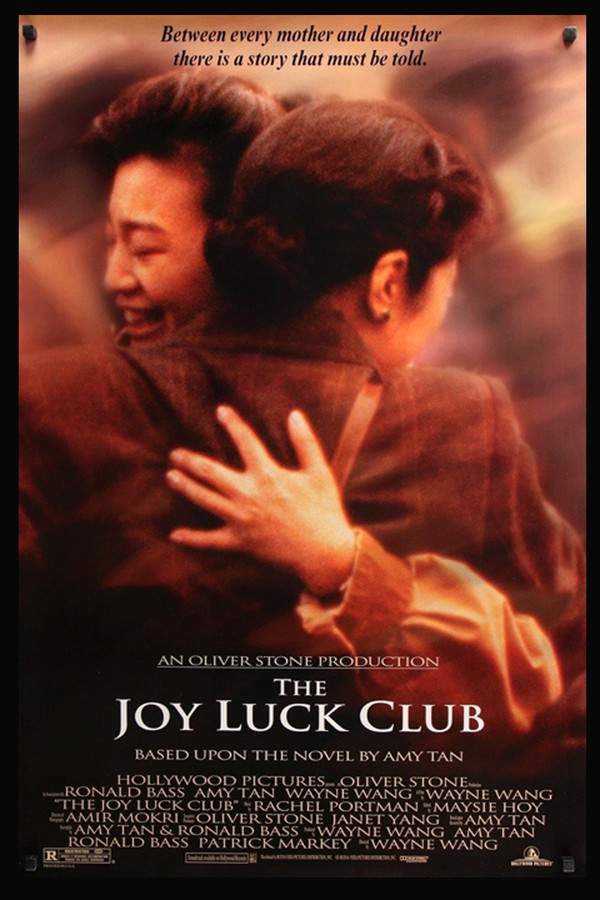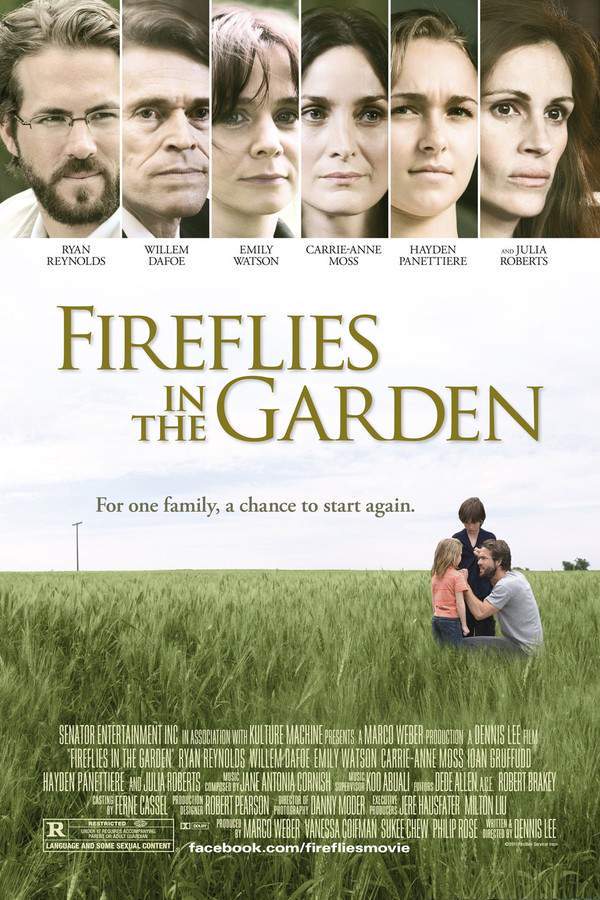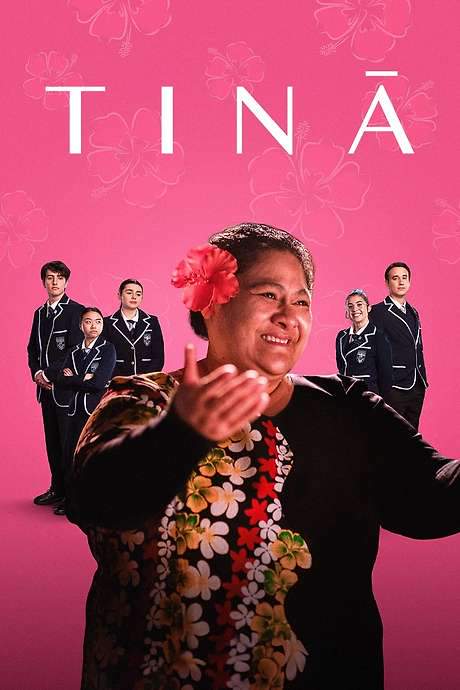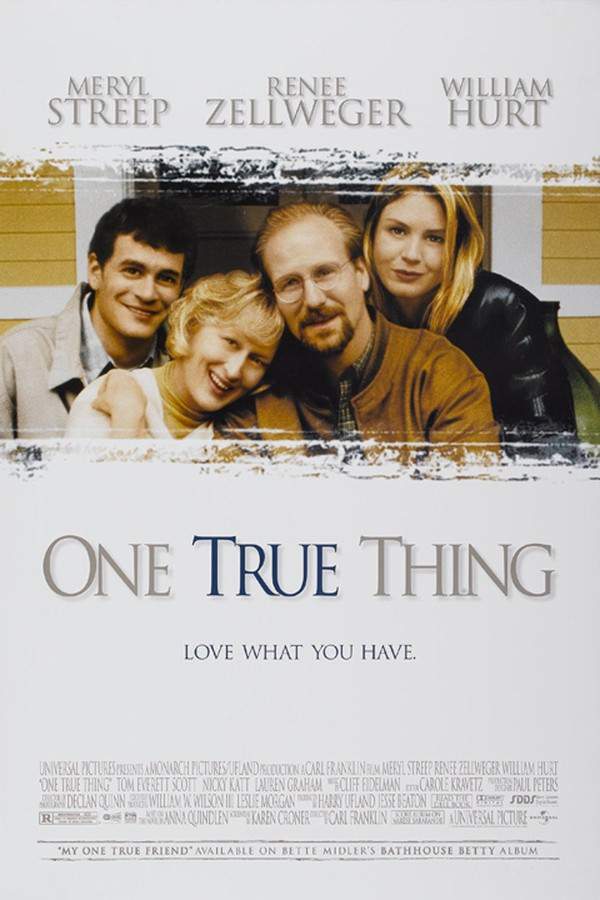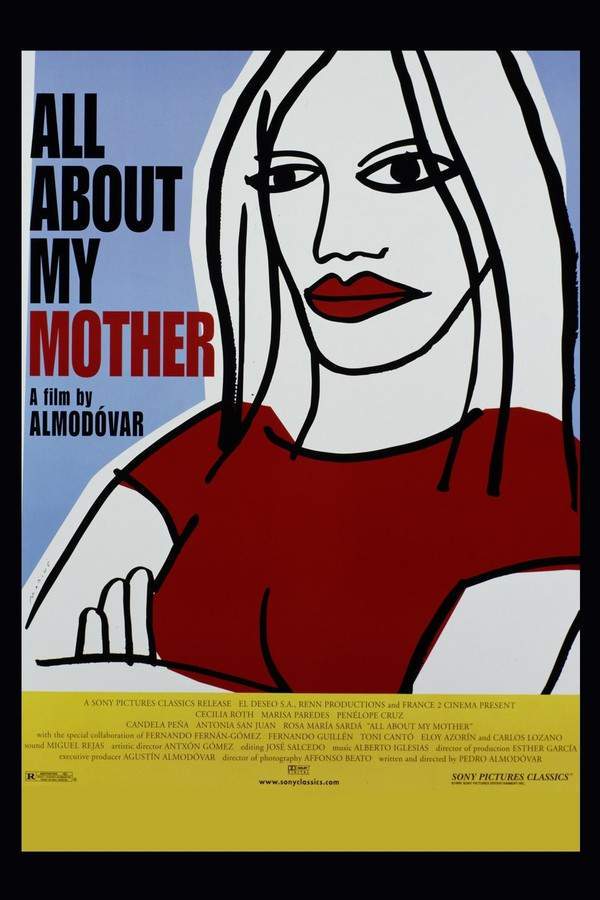
Like Water for Chocolate
Year: 2023
Runtime: 118 mins
Director: Ross MacGibbon
In rural Mexico, Tita’s dreams of marrying Pedro are dashed when her mother dictates she must remain unmarried to care for her. Forbidden from their union, Tita pours her passionate feelings into her cooking, imbuing each dish with powerful emotions that mysteriously affect those who eat it. A tale of forbidden love and magical realism, the story follows Tita as she navigates heartbreak and unexpected consequences, deeply affecting the lives of everyone around her.
Warning: spoilers below!
Haven’t seen Like Water for Chocolate yet? This summary contains major spoilers. Bookmark the page, watch the movie, and come back for the full breakdown. If you're ready, scroll on and relive the story!
Like Water for Chocolate (2023) – Full Plot Summary & Ending Explained
Read the complete plot breakdown of Like Water for Chocolate (2023), including all key story events, major twists, and the ending explained in detail. Discover what really happened—and what it all means.
Set in the early 1900s, a woman named Tita Francesca Hayward lives under the rigid weight of family tradition, where love and duty are filtered through the kitchen. Tita communicates her deepest feelings through the meals she prepares, a skill honed under the watchful eye of her mother Elena Laura Morera and the devoted family cook Nacha Christina Arestis. The kitchen becomes a stage where emotions simmer into flavor, and where the bond between generations is tested by ritual and expectation. Elena, the stern matriarch, governs every choice with a stubborn adherence to lineage, shaping not only who may marry but how Tita must navigate love itself.
When Elena’s husband dies suddenly after a charged moment of rumor and accusation—told by a stranger that Elena had an affair and that Gertrudis might not be his—Tita’s fate is sealed by tradition. Elena cramps the family’s future with the decree that, as the youngest daughter, Tita cannot marry and must remain to care for her mother until Elena’s death. This loss triggers an unraveling that Nacha understands but cannot fully prevent. In this world, food becomes a language of resistance; Nacha begins to pass down lessons that transcend recipes, teaching Tita how to infuse her emotions into every dish. The family’s dynamic tightens around Rosaura, Elena’s other daughter, Gertrudis, and the simmering tension that threads through the generations, all while the kitchen preserves memory and longing.
Years drift by, and a young suitor named Pedro Muzquiz returns with his father to seek Tita’s hand. Elena’s refusal is swift and cold; she offers Rosaura instead, deepening Tita’s heartbreak. The moment of crisis erupts when the wedding cake becomes a symbol of unspoken truth: Pedro professes his love for Tita, and the pair share a bond that the mother cannot acknowledge. Elena’s suspicions sharpen as she orders Tita to stay away from Pedro, and Nacha, ever perceptive, suspects a hidden motive behind the marriage arrangement. The celebratory mood gives way to sorrow as the guests at the wedding begin to cry, and even vomit, from a collective heartbreak that unsettles the entire ranch. The atmosphere thickens with unspoken accusations, and a quiet tragedy unfolds when Elena discovers a keepsake that hints at a concealed love affair. The moment is capped when Nacha is found dead, clutching a picture of her husband, a stark reminder of how love and loyalty pay a heavy price in this household.
Life on the ranch continues to churn. Rosaura becomes pregnant, and Tita assumes the role of head cook, orchestrating meals that carry emotion into every bite. On Tita’s birthday, Pedro sends a bouquet, and Elena orders them discarded; yet Tita preserves the petals, turning them into a rose sauce for a quail dish. The meal becomes a sensual revelation, and all at the table experience a heightened, almost mystical, reaction. Meanwhile, Gertrudis [Meaghan Grace Hinkis] leaves the ranch and vanishes into the surrounding world, drawn away by an intense attraction to the soldiers who pass through. She ultimately joins the Mexican Revolution and is later revealed to have embarked on a different life, leaving Tita to conceal the truth from Elena. Chencha [Isabella Gasparini], the loyal maid, shares in the fallout and carries the burden of continuing the family’s tradition while navigating the social upheavals outside the ranch.
Rosaura gives birth to a delicate son, Roberto, whom Tita nurses because Rosaura is unable to, with Pedro keeping a watchful eye on their every move. The ever-present tension leads Elena to send Rosaura, Pedro, and Roberto away to Texas, where distance might finally soften the tension surrounding Tita. Months pass, and the boy, Roberto, grows frail and dies, a loss that deepens Tita’s resolve and fuels a storm of emotion she must contain. Elena’s stern commands—never to show emotion, never to break tradition—lead to a fierce confrontation where Tita’s anger erupts and Elena slaps her with a wooden spoon, even drawing blood. The rift between mother and daughter widens, and the dovecote becomes a symbol of Tita’s withdrawal from Elena’s control. In a moment of peril and pain, Tita is rescued by Dr. John Brown [Matthew Ball], who brings her to Texas for treatment and recovery. The healing broth he cooks ushers in a new phase, and Tita discovers a pathway beyond the ranch through a tunnel of light that promises better days ahead. Chencha visits, shocked by the changes in her friend, and Tita urges her to tell Elena she will not return to the ranch. Dr. Brown’s care grows into something more intimate, and he proposes, opening a door toward a life that could still be theirs.
Meanwhile, danger and violence descend on the ranch: bandits invade, Chencha is raped, and Elena is forced to endure a brutal downfall that ends with her death after a fall from a cliff. As the family gathers to mourn Elena, Pedro and Rosaura return with Esperanza, a newborn who embodies the next generation. Rosaura’s labor is difficult, but she and Tita share the responsibility of caring for Esperanza, who becomes the focal point of the family’s attempts to hold onto some sense of continuity. Rosaura’s health deteriorates, leaving Tita to shoulder the weight of continuing the family legacy for Esperanza’s sake. Esperanza’s arrival marks a turning point: the household is forced to confront the restrictions of tradition as the girl grows, and Tita becomes a guardian not only of the kitchen but of the family’s future.
The years slip by, and Esperanza eventually marries Dr. Brown’s son, a union that seems to promise a path beyond old rules. The gossip and the truth collide as it becomes clear that Tita has remained on the ranch to champion Esperanza’s right to choose her own partner, defying the old order that once bound her. Pedro wakes one morning to find Rosaura dead, an event that unsettles the family’s fragile balance and rekindles the possibility of a renewed romance between Pedro and Tita. Yet tragedy returns: Pedro suffers a fatal heart attack just after they share a moment of closeness, and Tita, overwhelmed by grief, make a final, desperate choice. She swallows matches and immolates herself, her body briefly new again as fire consumes the room and spreads through the ranch, a dramatic end to a life defined by flame and flavor.
In the aftermath, the narrator reveals herself to be Esperanza’s child, continuing the cycle of memory and inheritance. Esperanza returns from her own wedding to discover a burned landscape and a cookbook—Tita’s legacy—that she will pass down to her daughter, ensuring that emotion, memory, and nourishment endure beyond the flames. The story closes with a quiet, enduring sense that love, tradition, and culinary craft persist even as the world around them changes, carried forward by the recipes and the stories that survive the sleep of generations.
Last Updated: October 01, 2025 at 10:22
Explore Movie Threads
Discover curated groups of movies connected by mood, themes, and story style. Browse collections built around emotion, atmosphere, and narrative focus to easily find films that match what you feel like watching right now.
Movies where art expresses powerful emotions like in Like Water for Chocolate
Stories where creative expression becomes a magical, dangerously powerful outlet for repressed feelings.If you enjoyed how Tita's cooking conveyed her passion in Like Water for Chocolate, explore these movies where creative acts like painting, writing, or music become powerful, magical outlets for deep emotions. Discover similar stories of forbidden love, emotional repression, and art that changes lives.
Narrative Summary
The narrative follows a protagonist constrained by societal or familial rules, forcing them to repress powerful emotions. They find an unconventional, creative outlet for these feelings, which begins to have tangible, often supernatural, effects on the world around them. This leads to a chain of events where their art ultimately resolves—or tragically complicates—their central emotional conflict.
Why These Movies?
These films are grouped by their unique blend of heavy emotional themes with magical or metaphorical realism. They share a focus on sensory experiences, a bittersweet tone, and the idea that profound feelings can manifest in the physical world through a creative medium, creating a deeply melancholic yet sensuous vibe.
Gothic family melodramas with forbidden love like Like Water for Chocolate
Melodramas set in oppressive households where love is forbidden and tradition breeds tragedy.Fans of the oppressive family dynamics and tragic romance in Like Water for Chocolate will find more to love in these gothic melodramas. Discover movies featuring domineering matriarchs, dark family secrets, and passionate, doomed love stories set against a backdrop of strict tradition and magical realism.
Narrative Summary
The narrative unfolds within the walls of a family estate, governed by a tyrannical parental figure. Their rigid enforcement of tradition directly conflicts with a protagonist's desire for love and autonomy, creating a central, unbearable tension. The story escalates through secrets, supernatural elements, and dramatic confrontations, culminating in a tragic yet cathartic resolution that often breaks the cycle for future generations.
Why These Movies?
These movies share a specific atmosphere: a blend of heavy melodrama, gothic sensibilities, and themes of female repression within a family unit. They are united by a steady pace, a bittersweet-to-tragic ending feel, and the use of magical realism to heighten the emotional stakes of domestic conflict.
Unlock the Full Story of Like Water for Chocolate
Don't stop at just watching — explore Like Water for Chocolate in full detail. From the complete plot summary and scene-by-scene timeline to character breakdowns, thematic analysis, and a deep dive into the ending — every page helps you truly understand what Like Water for Chocolate is all about. Plus, discover what's next after the movie.
Like Water for Chocolate Timeline
Track the full timeline of Like Water for Chocolate with every major event arranged chronologically. Perfect for decoding non-linear storytelling, flashbacks, or parallel narratives with a clear scene-by-scene breakdown.

Characters, Settings & Themes in Like Water for Chocolate
Discover the characters, locations, and core themes that shape Like Water for Chocolate. Get insights into symbolic elements, setting significance, and deeper narrative meaning — ideal for thematic analysis and movie breakdowns.

Like Water for Chocolate Spoiler-Free Summary
Get a quick, spoiler-free overview of Like Water for Chocolate that covers the main plot points and key details without revealing any major twists or spoilers. Perfect for those who want to know what to expect before diving in.

More About Like Water for Chocolate
Visit What's After the Movie to explore more about Like Water for Chocolate: box office results, cast and crew info, production details, post-credit scenes, and external links — all in one place for movie fans and researchers.






